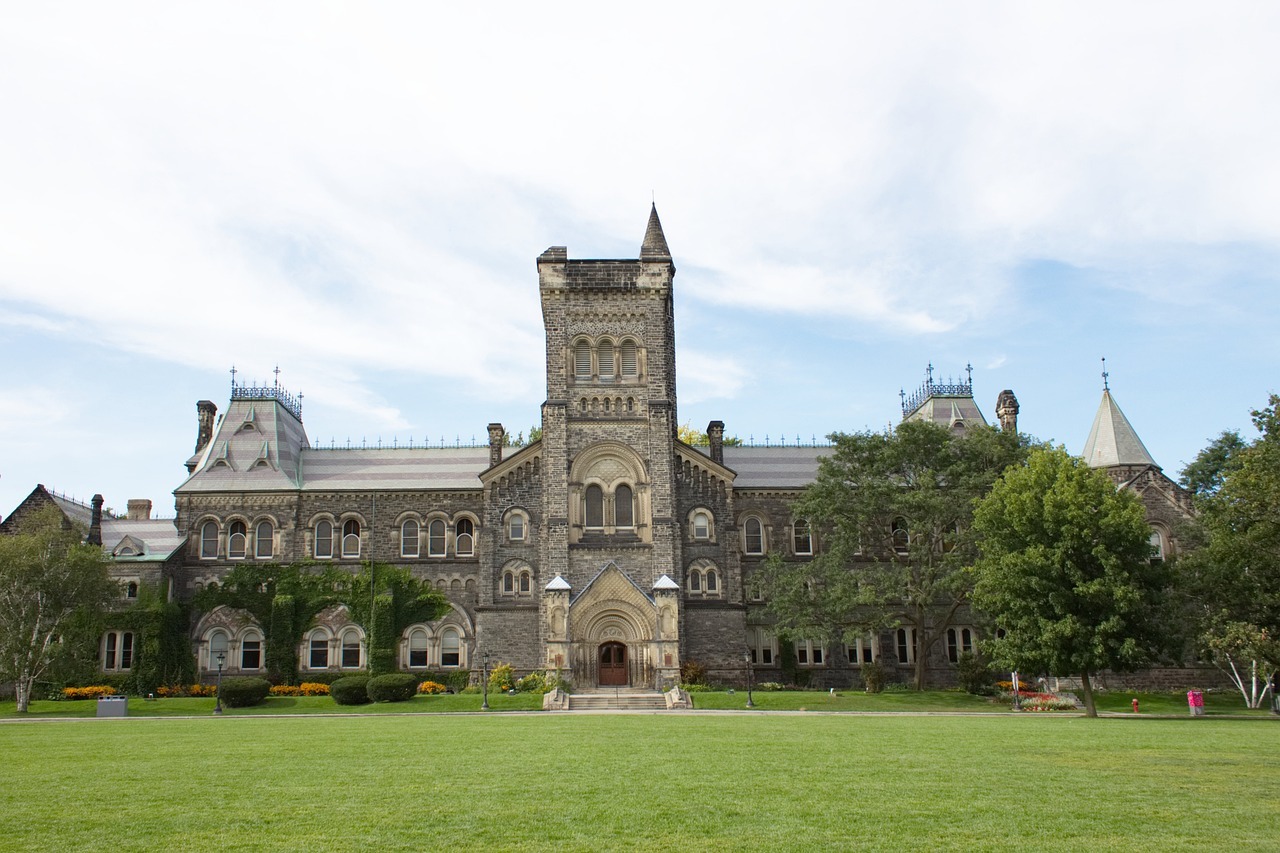Zechariah 9: 9-10 (RM) or 9-12 (RCL); Psalm 145 (RM) or (RCL); Romans 8: 9, 11-13 (RM) or Romans 7: 15-25a (RCL); Matthew 11: 25-30 (RM) or 16-19, 25-30 (RCL).
The other week, in an odd moment, I started Googling the biography of the star of a 1960’s black-and-white TV series I had started watching again. I was surprised to see that he had left school at age 16 and worked at menial jobs before taking a job backstage in a local theatre. From there he became a well-known film actor, producer and scriptwriter. And I wondered, how do you do that? I knew that it wasn’t uncommon for young people of that generation in the U.K. to leave school at 16 – but how does one manage to memorize intricate Shakespearean dialogue, or convey a complex character with nuance and depth, with a Grade 10 education? To say nothing of developing sophisticated storylines and richly verbal scripts.
Then I read further. His father had emigrated from the poorest rural county in the Republic of Ireland. His father was illiterate – couldn’t read or write. The family used to read to their father articles and stories, and he always remembered where they had left off.
It was a thought-provoking corrective for a member of what is sometimes called the over-educated class to read. And to be grateful that one can read at all.
When Jesus is recorded as having prayed to God, in verse 25 of today’s Gospel, “I thank you … because you have hidden these things from the wise and the intelligent and revealed them to infants,” he wasn’t inventing a new idea. Or Matthew wasn’t. We can find a similar line of thought in the Hebrew Bible at the end of the book of Sirach:
Draw near to me, you who are uneducated,
And lodge in the house of instruction.
Why do you say you are lacking in these things,
And why do you endure such great thirst?
I opened my mouth and said,
Acquire wisdom for yourselves without money.
Put your neck under her yoke, and let your souls receive instruction:
It is to be found close by.
The symbol of a “yoke” can mean several things in Scripture – yes, animals yoked together, yes, an enslaved person’s burden to carry, but also an instrument that free persons can use to balance a heavy load. The “yoke of the Law” was a common expression related to carrying out the commands of God in the Torah, a usage that comes up elsewhere in the New Testament. And a yoke in the positive sense, as a helpful means to carry a load, points us to an unexpected view of who Jesus was: in the New Jerome Biblical Commentary,
“Jesus speaks as Wisdom personified, (as in Proverbs 8), with feminine characteristics as the giver of rest and comfort.” The Proverbs text begins, “Does not wisdom call, and does not understanding raise her voice? …O simple ones, learn prudence.”
Law might not prove much of a comfort – but Wisdom does. Wisdom, probably needless to say, is not head-level mastery of data and information. It’s not primarily cognitive. It’s not even necessarily based on reading. Wisdom can come from life experience, reflected upon. Wisdom can be learned from a wise mentor, or a patient parent. Wisdom can be absorbed from spending time in nature. Or wisdom can be drawn from others’ life stories. Wisdom might be seen more clearly in other peoples’ cultures and faith expressions than in one’s own.
All of that is true, yet this passage takes us a step deeper. Jesus doesn’t operate solely on a head level either, and that was important for the first generations of Christians to remember. Jesus embodied the wisdom of God in a fully integrated way, a fully incarnate way of being, with an intimacy difficult to express for these people except in terms of a parent and child in a fully reciprocal relationship.
Jesus doesn’t merely teach wisdom (although he does that.) He is wisdom.
And, alas, a higher academic degree is not a ticket to all-encompassing knowledge. To say nothing of a free pass to wisdom.
© Susan K. Roll
Susan Roll retired from the Faculty of Theology at Saint Paul University, Ottawa, in 2018, where she served as Director of the Sophia Research Centre. Her research and publications are centred in the fields of liturgy, sacraments, and feminist theology. She holds a Ph.D. from the Catholic University of Leuven (Louvain), Belgium, and has been involved with international academic societies in liturgy and theology, as well as university chaplaincy, Indigenous ministry and church reform projects.




